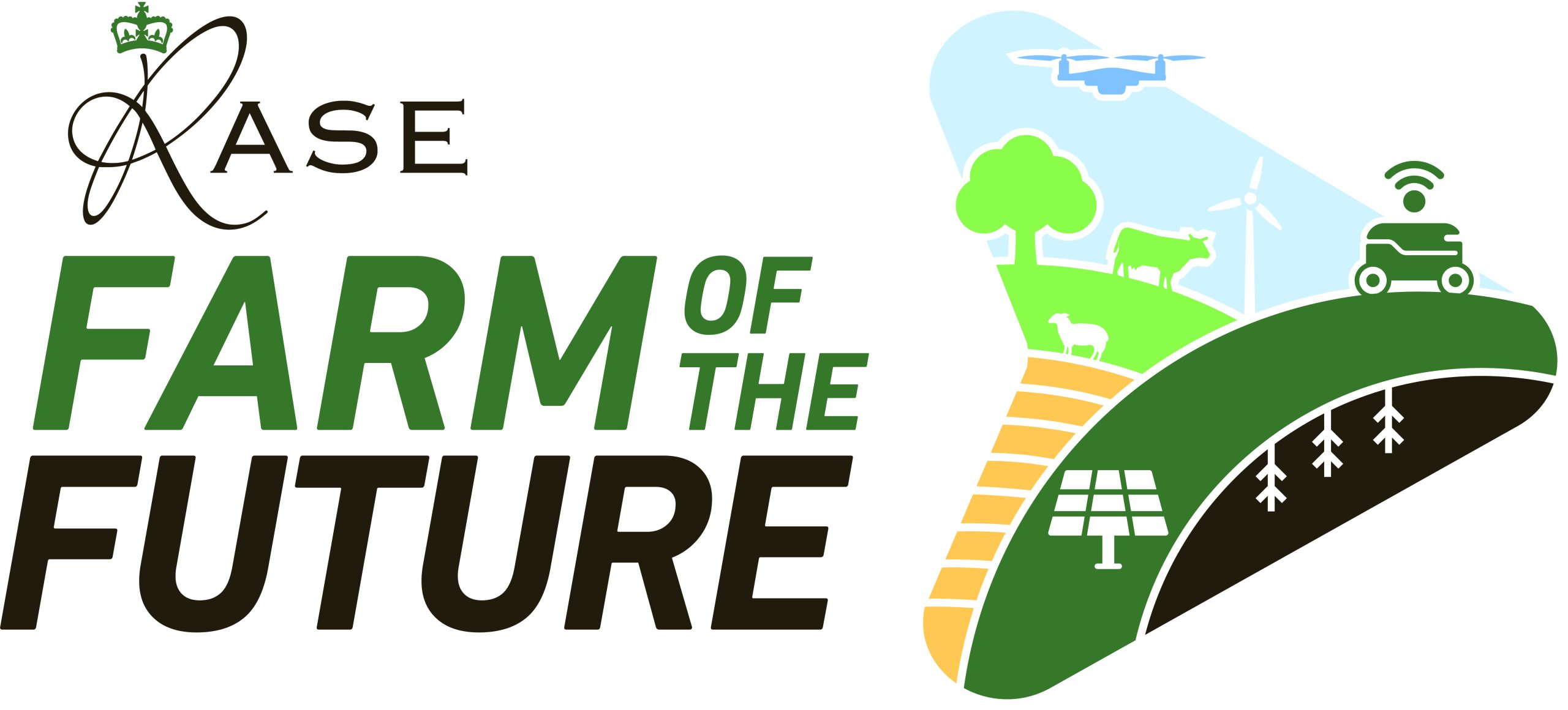Making money from wool
Wool is ready for a renaissance, with farmers and industry leaders finding innovative ways to improve its quality, value, and sustainability. A recent Farm of the Future webinar featuring four experts – Frank Langrish, Tim White, Andy Wear, and Jen Hunter—highlighted the opportunities and challenges in making money from wool. The webinar covered the three key approaches farmers can adopt to make wool production a more sustainable and profitable enterprise. These strategies are: These strategies offer farmers practical solutions to enhance their wool production and improve sustainability in the industry. Growing better wool Speaking in the webinar, Frank Langrish, farmer and past chairman of British Wool, shared how he has bred for finer wool from Romney sheep, showing how strategic
